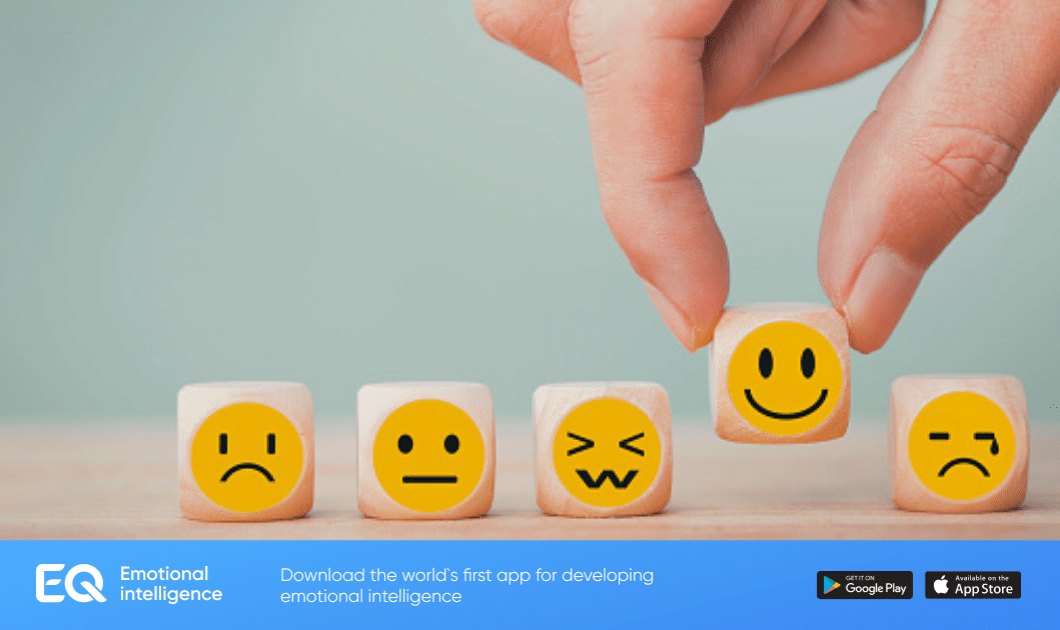It is customary to call the mood a complex state of the human soul, diffused in time, and emotion is a shorter mental process. We can quite easily track down and understand the cause of a particular emotion, but the exact trigger for mood is more difficult to find.
Famous psychologist Dr. Paul Ekman talks about the difference between mood and emotion in his research. In his book “Emotions Revealed”, he provides five indicators that substantiate these differences. These include factors such as duration, provocation, modulation, facial expression, awareness of the cause.
Duration
Of course, there is no single argument that would determine the exact intervals of the duration of an emotion. But when considering the differences between emotions and mood, most scholars still resort to the judgment that mood is stretched over time. Speaking of an experience that lasts a long time, it is possible that we summarize systematically reproduced mental processes, and do not feel a constant emotion. The duration of the mood is measured in hours, days. If the condition lasts longer, it approaches a mood disorder.
Emotion provocation
Mood can influence arousal threshold with associated emotional processes. For example, a person in irritation will feel that they are inflamed with anger many times faster. Moreover, the mood seems to motivate to indulge, look for similar emotions, extract them from the environment
.
Emotion modulation
Modulation is the ability to regulate emotions. Take the example of an irritable person again. In this mood, the modulation rate will be slow. The resulting anger in irritation will be more intense, and the ability to control will be less controllable.
Face expressions
Moods do not have an individual property to be expressed on the face in a specific way. But universal emotions can. Many studies around the world have confirmed this hypothesis of seven basic emotions that are expressed in the same way regardless of culture, gender, age, or country. As for mood, you can try to make a comprehensive description for a specific state, but you cannot achieve clarity here.
Awareness of the cause
A trigger is a signal to start a psychological reaction. Can come from experience, environment, memory, imagination. It has been researched that most people can find a cause for a particular emotion, which is not the case for mood. This is harder to do.
Following the idea of developing emotional intelligence, we can raise the level of awareness of our emotional states, the reasons, and the factors affecting them. By crystallizing and applying knowledge about emotions, it becomes much easier to manage them for the benefit of personal effectiveness and a global sense of happiness. Good luck!
https://www.psychologos.ru/articles/view/nastroenie


Recent Comments